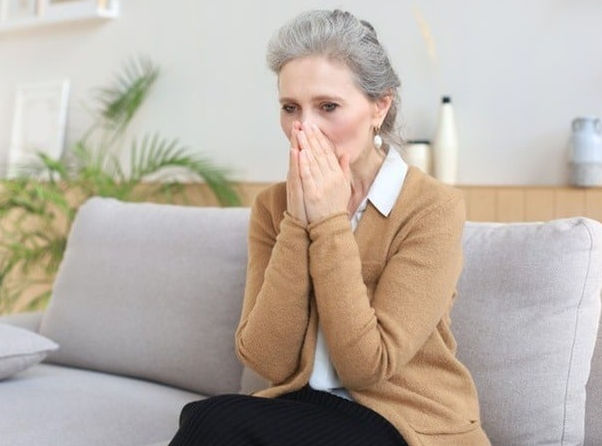Symptoms of breast cancer in women over 50
Despite the fact that no one is immune to cancer, women of a certain age are more likely to develop it. After skin cancer, breast cancer is the most common type of cancer among women over 50. Women under 50 years of age who are in menopause are more likely to develop cancer than young women. Approximately 8 out of 10 women over the age of 50 will develop breast cancer.

Age plays a major role in the development of this type of cancer. A variety of factors increase the risk of breast cancer. Gender, genes, and old age are the main factors that increase this risk.
Symptoms of breast cancer
Some people believe that breast cancer symptoms can be detected earlier, but this is not always the case. Therefore, it’s best to perform the necessary tests on a regular basis. Different people have different symptoms, some may not have any symptoms at all, but the warning signs of breast cancer include:
Developing a new cancerous mass in the breast or armpit
Breast swelling or thickening
An allergy or a bezel on part of the breast skin
Nipple redness
Nipple pain
Bloody breast discharge
Breast size and shape changes
Chest pain on both sides
What causes breast cancer?
A number of factors contribute to the high number of breast cancer cases, including lack of access to mammography tests, limited information resources, and late detection. Furthermore, sedentary lifestyles, smoking, and obesity can also increase the risk of this cancer.
After the age of 50, many cancers are diagnosed
Breast cancer risk increases with age. Our cells undergo abnormal changes as we age. In addition, breast cancer is more common in women over 50. Approximately 77 percent of women over 50 may be diagnosed with breast cancer, but less than 1 percent in their 20s and 30s may develop the disease.
Breast cancer and menopause
The majority of estrogen produced after menopause comes from adipose tissue. The risk of breast cancer increases when adipose tissue increases after menopause. Although menopause itself is not directly responsible for cancer, but it increases its risk.
As we age, our treatment strategies change
Different people’s bodies have different biology, and treatment strategies will differ as well. Because some cancerous tumors are smaller and grow faster than others, treatment options depend on a variety of factors, including:
Tumor type
Stage of the tumor
Tumor status at present
Gene mutations in cancer
Genetic test results


